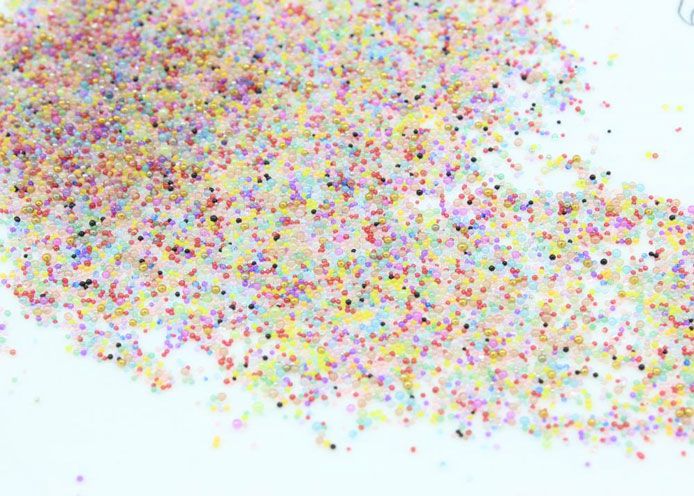We have reported before about the invasion of tiny plastic pellets in our oceans that threatens not only marine life but also animal and human life as they get into rivers and wetlands and are eaten by various animals which are then eaten in turn by humans.
The recent storm in Durban, Kwazulu Natal, and the accompanying extremely rough seas has brought urgent calls from marine biologists after billions of small plastic pellets, known as nurdles, washed up on Durban’s beaches.
According to a press release by the South African Association for Marine Biological Research (SAAMBR), the infestation of millions of tiny plastic beads is a potential environmental hazard that urgently needs to be cleaned up.
He call has gone out for thousands of volunteers to help clean up the beaches as a matter of urgency before more damage is done.
“Thousands of hands are needed to collect these along the drift line over the next few days. So, take nets, sieves, colanders, spades and buckets, go down at low tide and try to clear as much of it as you can while it’s still new. It makes for a little workout, but will go a long way towards minimising the long-term damage to our marine environment.
“If we all work together, we can help clean these nurdles off our beaches,†said uShaka Sea World’s Jone Porter.
The 4mm in diameter and 2mm thick, half-moon shaped tiny plastic pellets that have washed up on Durban’s beaches since the storm are actually an industrial raw material that has been re-melted and moulded in factories to make plastic products. The pellets themselves are not harmful, but they absorb pollutants such as PCBs and organochlorine pesticides which are extremely harmful to marine life and humans if consumed.
SAAMBR points out, “Nurdles never disintegrate but merely break down into smaller and smaller fragments. The nurdles and the toxins they have absorbed can enter the food chain as they are eaten by fish and other marine animals.â€
Buy water machines and hire water coolers from Living-Water Ltd in London.






